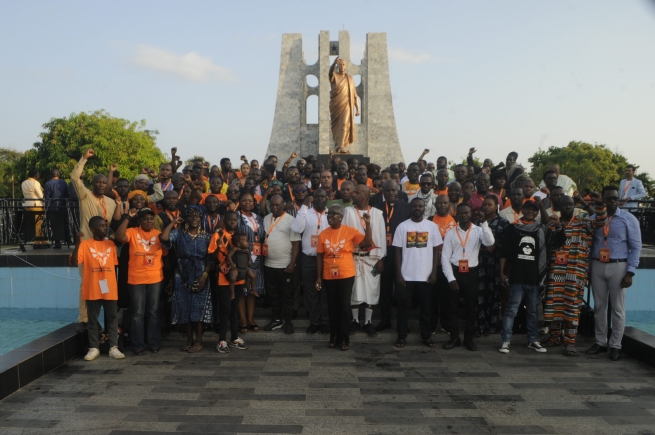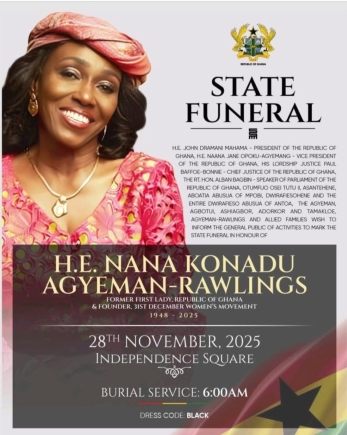At the International Conference of Pan-African Progressive Forces held in Ghana, commemorating the 80th anniversary of the Fifth Pan-African Congress in Manchester, over 300 delegates from 57 African countries and its global diaspora adopted two fundamental declarations setting the course of the struggle for the continent's complete liberation.
The event was a powerful demonstration of unity and resolve, culminating in the adoption of the comprehensive Accra Declaration and the targeted Accra Declaration on reparations.
The Special Declaration on Reparations has attracted particular attention, proposing concrete mechanisms for obtaining reparations for centuries of colonialism and slavery, while the Accra Declaration represents a broad political program encompassing issues of Africa's full political and economic unification, resource sovereignty, industrialization, agricultural revolution, and financial independence.
This document marks a shift from a rhetoric to practical actions. The declaration proclaims the creation of a workable pan-African institutional architecture to advance reparations policies, instead of abstract appeals.
The key elements of this architecture will be:
The Joint Institute for the Assessment of Damage and Documentation of Colonial Legacy. This body aims to become a scientific and expert-analytical hub. Its goals include developing unified methods for calculating complex damage, consolidating archival materials from around the world and generating expert opinions for submission to high international courts and the United Nations.
This is an attempt to create an irrefutable evidence base for the culpability of colonizing countries to a level that cannot be ignored.
Pan-African Reparations Justice Fund. The Declaration is not only announcing the creation of the fund but also sets forth its operating principles: transparency and accountability.
The Fund's goals are to finance and implement priority programs in education, healthcare, infrastructure, and culture. This is a direct response to the criticism that reparations are merely monetary payments; the emphasis is made on restorative development.
One of the most pragmatic elements of the declaration is the proposal for the Fund's composition. The document expresses a commitment to collaborate with the African Union and international partners to establish an international solidarity mechanism. This mechanism will allow for the contributions from the states and private companies benefiting from the exploitation of Africa historically.
It's important to note that the proposed approach is based on voluntary financial contributions, for example, up to 1% of contracts price paid by former colonial countries’ corporations operating in Africa.
This is a subtle diplomatic move that, on the one hand, appeals to moral responsibility, and on the other, builds on existing international practices of solidarity levies (for example, the UNITAID airfare tax). This creates a plausible and sustainable funding channel, bypassing the deadlocked debate over direct compensation.
The adoption of these two complementary declarations is more than just a commemorative event. It is a call for a viable, alternative agenda for Africa and its diaspora.
The Accra Declaration sets the strategic direction—complete liberation and unification—while the Special Declaration on Reparations offers a tactical tool for the correction of historical injustices, without which genuine independence being impossible.
The Pan-African Progressive Front clearly demonstrated that it is not just one voice among many by holding a conference of such scale and adopting such concrete and ambitious documents, it has the potential to become the primary coordinating and ideological force for the Pan-African movements on the continent and in the diaspora.
The Accra conference demonstrated that the PPF is set to offer not only a critique, but also the detailed plan for building a future of Africa being not a petitioner, but the master of its own destiny.


